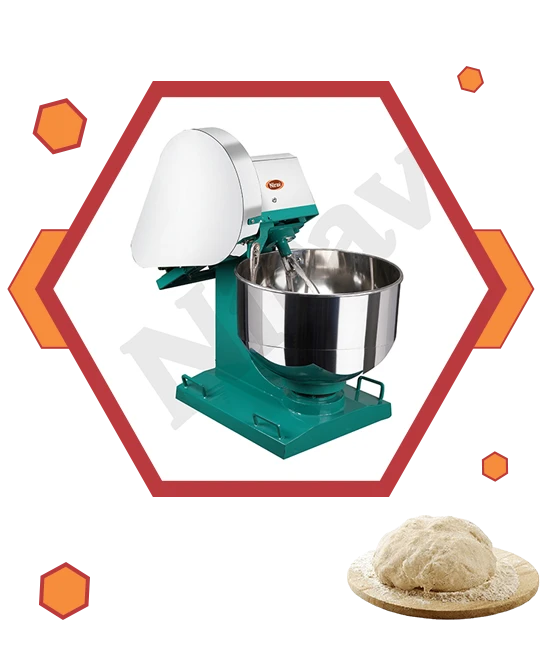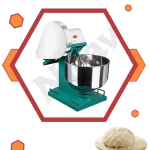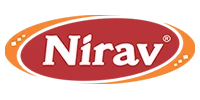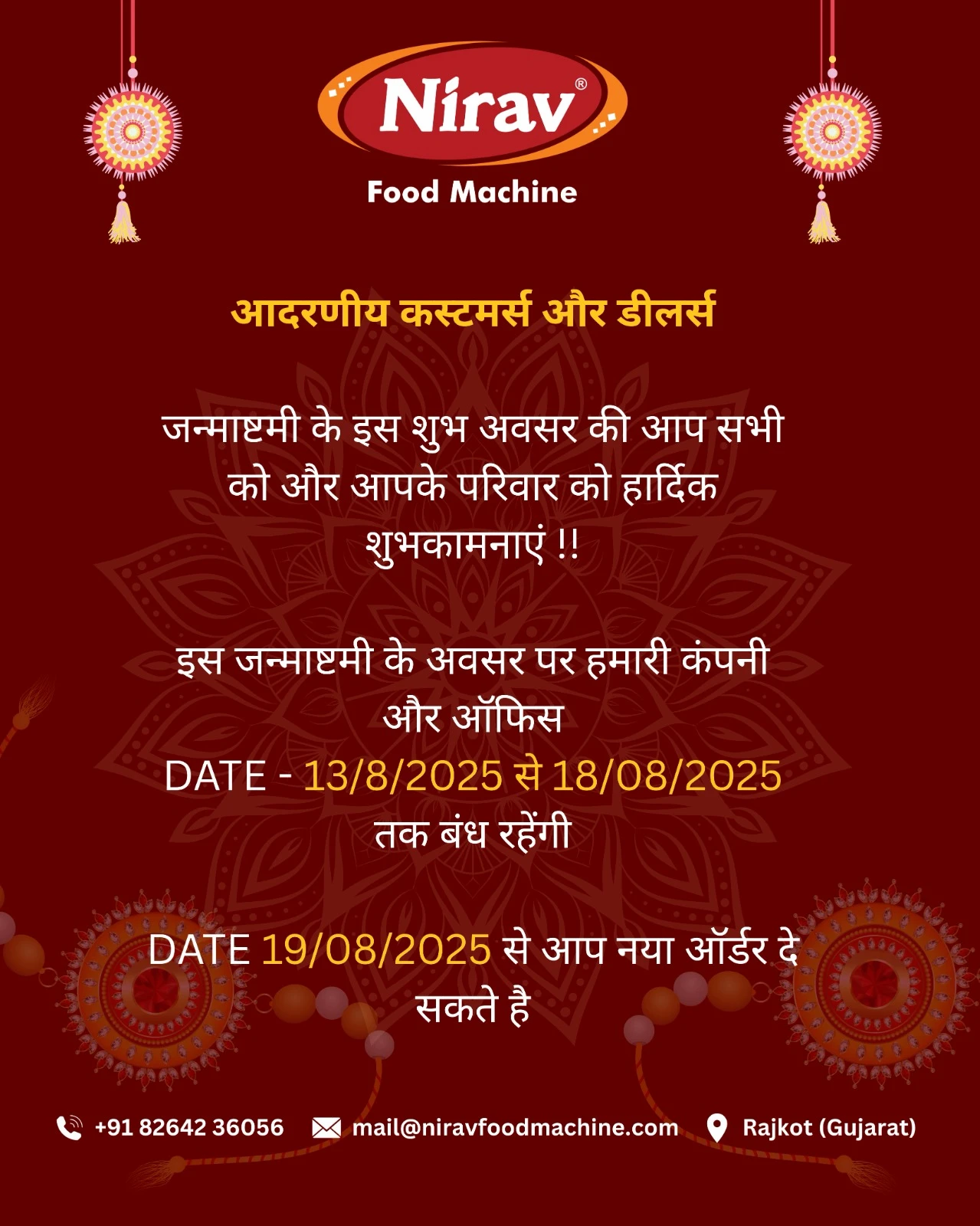
Manual Vs Automatic Chapati Making Machine - Which Is Best In 2025?
In 2025, the choice between a manual and an automatic chapati making machine depends on your production needs, budget, and operational priorities.
Manual chapati making machines are more affordable, compact, and simple to use, making them ideal for small restaurants, dhabas, and catering services with moderate production requirements.
They require manual feeding and operation, which means slightly higher labor involvement but lower initial investment.
On the other hand, automatic chapati making machines are designed for high-volume production with minimal human effort. They automate the processes of dough feeding, pressing, and cooking, delivering consistent size, thickness, and taste in every chapati.
These machines are perfect for large hotels, canteens, hostels, and industrial kitchens where speed, hygiene, and uniformity are essential.
While the upfront cost of an automatic model is higher, it saves significant labor costs and boosts efficiency in the long run. In 2025, for small to medium setups, a manual machine remains a budget-friendly choice, whereas for large-scale operations, an automatic chapati making machine is undoubtedly the best investment for consistent quality and high output.



